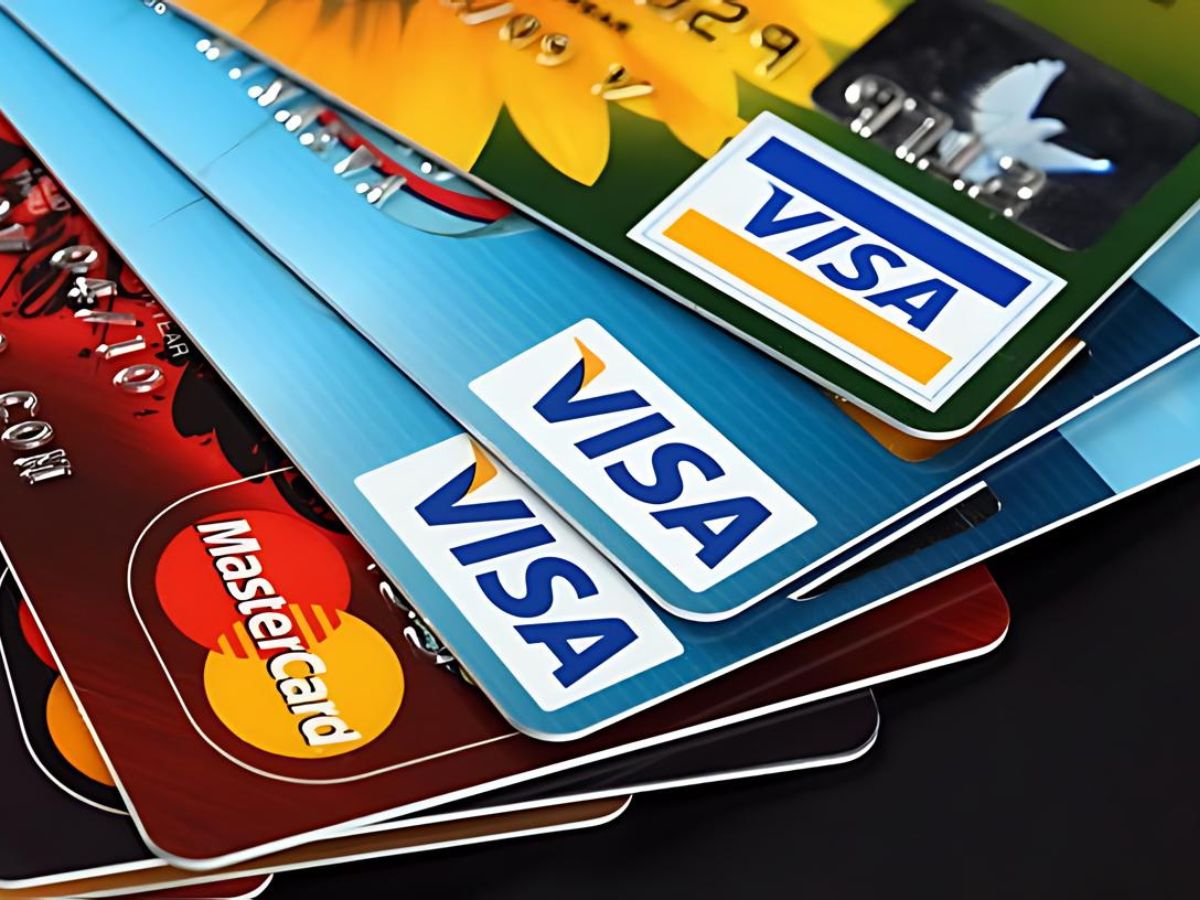Australia has officially prohibited the use of credit cards and similar products for online gambling through the Interactive Gambling Amendment (Credit and Other Measures) Bill 2023. The bill, which amends the Interactive Gambling Act 2001, received parliamentary approval late last year and recently came into full effect following a six-month transition period.
The ban, which had already applied to land-based gambling, now includes nearly all forms of online gambling in Australia. However, exceptions exist for certain games such as lotteries and keno, where credit card use remains permitted. Violations of the new rules can result in fines up to AU$234,750 (£121,809/€144,025/US$154,978).
Minister for Social Services Amanda Rishworth emphasized the government’s commitment to reducing online betting harm. “Our government takes seriously our responsibility to prevent and reduce harm from online wagering,” Rishworth stated. “Our ban on credit cards will help with this goal. You can’t use your credit card to place a bet for land-based gambling. Now the same rules apply for online gambling.”
As reported by iGB, the Australian Communications and Media Authority (ACMA) has been granted new powers under the legislation to enforce these and other penalty provisions, including the issuance of penalties for breaches.
The credit card ban is part of a broader strategy by the Australian government to reduce gambling-related harm. Other measures include the launch of BetStop, the national self-exclusion register, which has seen over 22,000 Australians self-exclude from online betting since its inception last August.
Mandatory pre-verification measures have also been introduced, requiring operators to verify customers’ identities upon registration and before betting can begin. Additionally, operators must now provide customers with monthly activity statements detailing their wins and losses.
The government has replaced the “Gamble Responsibly” message on wagering advertisements with evidence-based taglines and has committed to consistent staff training. From September, mandatory minimum classifications for gambling-like content in computer games will also be implemented.
“I am proud of the steps we have taken so far to protect vulnerable Australians,” Rishworth added. “We recognize there is still much to do – and we will keep working to create a safer environment for Australians at risk of gambling harm.”
Minister for Communications Michelle Rowland echoed these sentiments, highlighting the government’s ongoing commitment to strong consumer protections. “Australians should not be gambling with money they do not have. Last year, the Albanese Labour government committed to banning credit cards for online wagering – and we’ve delivered. This ban builds on the significant progress to minimize gambling harm that the Albanese government has made over the past two years, which is already benefiting thousands of vulnerable Australians.”
Despite overall positive reception, some critics argue that the ban should cover all types of gambling without exceptions. Responsible Wagering Australia (RWA), a leading advocate for the credit card ban, has reiterated calls for the inclusion of lotteries and keno under the ban.
“This is an important measure to protect customers, making it easier for people to stay in control of their own gambling behavior,” said RWA CEO Kai Cantwell. “It will complement the existing offering of safer gambling account management tools by RWA members. RWA and its members support the extension of this measure to all forms of gambling that have been exempted from the ban such as lotteries and keno. If consumer protection measures aren’t consistent across all forms of gambling it will incentivize vulnerable Australians to move to less-regulated types of gambling, where they are more at risk of harm.”
The Australian government continues to refine and expand its approach to mitigating gambling harm, with further announcements expected in the near future.


